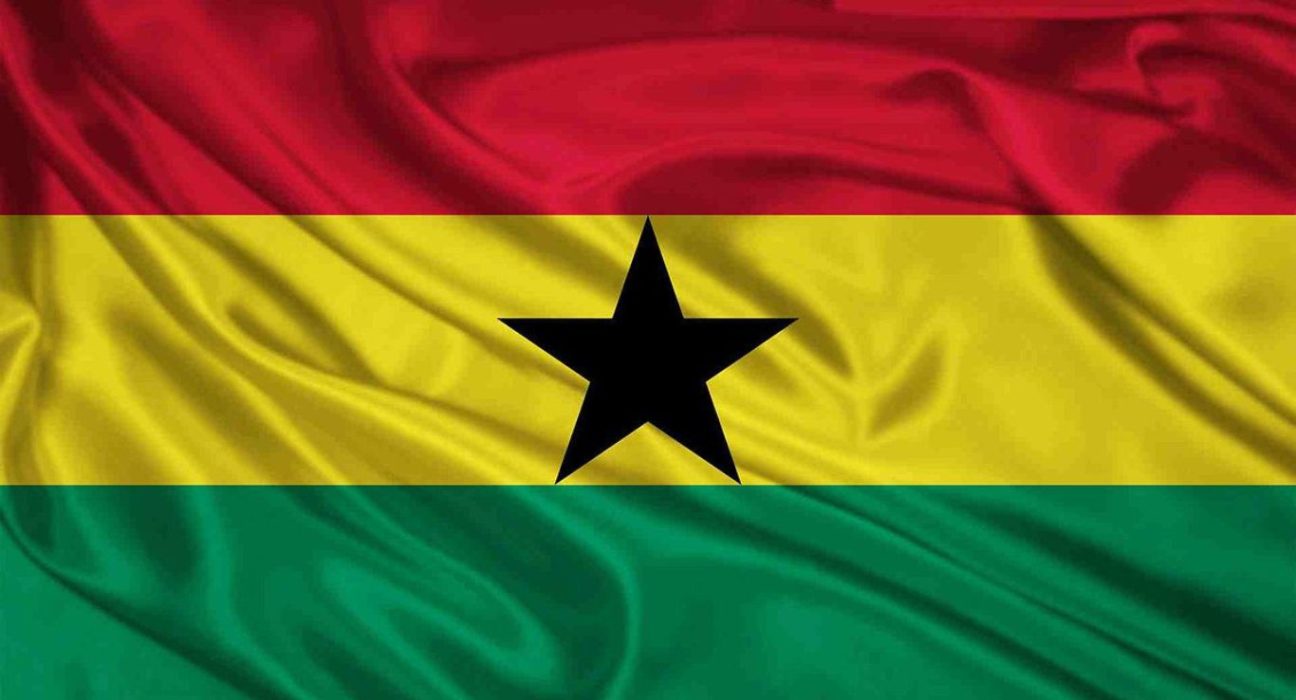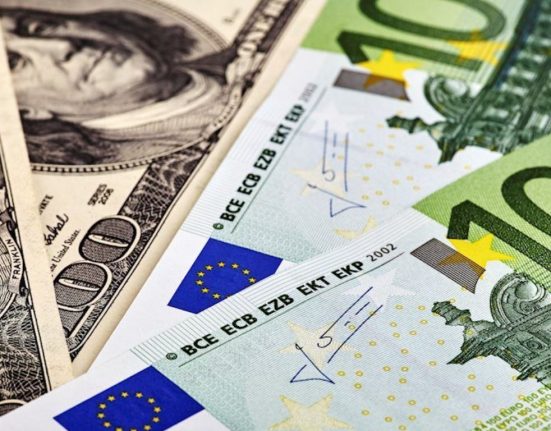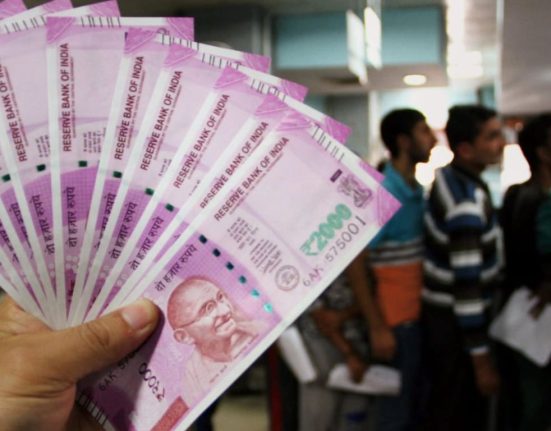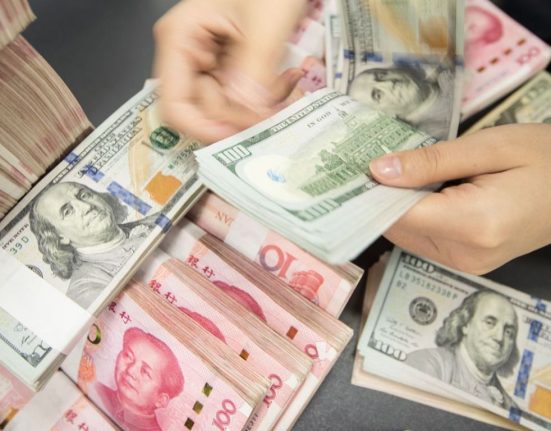Ghana, a country known for its stability and economic growth, currently finds itself in the midst of a severe economic crisis. The nation faces a challenging landscape characterized by the COVID-19 pandemic’s impact, declining commodity prices, and mounting debt levels. These factors have resulted in a sharp decline in government revenue, rising inflation, and a weakening currency.
Escalating Debt Burden: Ghana’s Major Concern
Ghana’s escalating debt burden poses a significant concern for the country. The debt-to-GDP ratio has been steadily rising, reaching alarming levels. The COVID-19 pandemic has further exacerbated this issue, as the government had to borrow extensively to support the economy and provide relief to its citizens. This mounting debt burden has strained the country’s finances, making it increasingly challenging for the government to meet its obligations and invest in critical sectors.
Ghana’s Debt Restructuring Proposal: Seeking Relief
In an effort to address the debt crisis, Ghana has submitted a debt restructuring proposal to its official creditors. The proposal aims to restructure the country’s debt obligations, providing Ghana with much-needed breathing space to navigate through these challenging times. While specific details of the proposal are yet to be disclosed, it is expected to involve elements such as debt relief, extended repayment periods, and potentially lower interest rates.
Implications and Challenges of Debt Restructuring
Implementing a debt restructuring plan poses both challenges and implications for Ghana. On one hand, it can offer temporary relief by reducing debt servicing costs and freeing up financial resources for the government to allocate towards critical sectors such as healthcare, education, and infrastructure. On the other hand, creditors may show reluctance to accept the restructuring terms, potentially leading to protracted negotiations and further delays in resolving Ghana’s economic crisis.
A Holistic Approach to Economic Recovery
While debt restructuring is a crucial step towards stabilizing Ghana’s economy, it is not a standalone solution for all the challenges the country faces. The government must adopt a comprehensive approach to drive economic recovery. This approach should encompass fiscal discipline, structural reforms, and diversification of the economy to reduce dependence on commodities. Ghana must prioritize enhancing revenue generation, attracting foreign direct investment, and fostering a conducive business environment to stimulate sustainable economic growth.
International Support and Strategic Partnerships
Ghana’s efforts to overcome the economic crisis require support from the international community and strategic partnerships. The country has reached out to its official creditors for assistance in debt restructuring, but it also needs the support of multilateral organizations such as the International Monetary Fund (IMF) and the World Bank. These institutions can provide technical expertise, financial aid, and policy advice to aid Ghana in its recovery journey.
Strengthening Domestic Resilience for Future Stability
In addition to external support, Ghana must focus on strengthening its domestic resilience to withstand future shocks. This entails improving the efficiency of public spending, enhancing tax collection mechanisms, and promoting transparency and accountability. The government should prioritize investments in key sectors such as agriculture, manufacturing, and technology to drive job creation, poverty reduction, and foster inclusive growth.
Conclusion:
Ghana’s submission of a debt restructuring proposal is a critical step as the country faces its most severe economic crisis in decades. While the proposal offers hope for alleviating the debt burden, Ghana must pursue a comprehensive approach to address the underlying causes of the crisis. By implementing structural reforms, attracting foreign investment, and strengthening domestic resilience, Ghana can lay the foundation for sustainable economic recovery and future prosperity. The support of the international community and strategic partnerships will be crucial in helping Ghana emerge stronger from this crisis.










